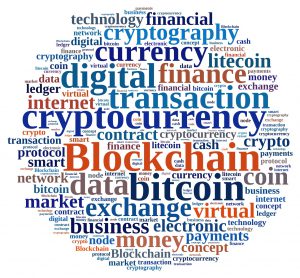With the aid of blockchain, Europe’s first blockchain project for grid service has started. The transmission system operator TenneT and the battery manufacturer sonnen have started to use the Blockchain from now on in a pilot project.

The preparations for the currently ongoing pilot project took several months. Already in May 2017 the project partners have announced to work together on a possibility for the application of home storage for redispatch measures. Bottlenecks in the high-voltage transport network, in particular between northern and southern Germany are currently solved by lowering the output of power plants in the North, while power stations are ramped up in the South. Now TenneT and sonnen want to link decentralized household-battery storage in such a way that these are also able to offer that network service. The batteries in the north would store electricity from the grid, while the batteries in the south (after the bottleneck) feed power into the grid at the same time (Source: TenneT).
The pilot project is set up for at least six months, so up to the second quarter in 2018. Meanwhile, the battery storage with a capacity of 24 Megawatts (Source: Montel) will be linked up through a blockchain solution from the technology giant IBM. IBM is also a member of the Hyperledger project which develops Blockchain applications for business solutions. With the aid of Hyperledger Fabric, one of the first implementations for Blockchain according to framework system, meaning plug-and-play for Blockchain applications, has been developed. This allows key components of a Blockchain for example the consensus procedure or admissions of new peers to be modularly implemented.
During the period of the pilot project, the project partners want to gain valuable experiences of redispatch with decentralized electricity storage and the application of Blockchain technology in general. The chairperson of the management of TenneT TSO GmbH, Urban Keussen notes: “We clearly see a potential to develop new possibilities of flexibility through Blockchain technology.” Furthermore, the storage manufacturer sonnen is optimistic as well. “Instead of firing up power plants in the south of Germany we just draw the required electricity from our storage systems. We effectively build up a green, virtual power line that brings benefits not only to our customers but also to everyone using the grid” (Source: TenneT).
Since the applications of Blockchain in the energy industry increase in complexity and extent, the BDEW has also evaluated the potential of Blockchain in a study recently.
Detailed information on the Blockchain technology and the individual applications cases you will get to know in our seminar “Blockchain in the energy industry” on the 23rd of November 2017 in Berlin (in German, but also offered in English on demand).




What do you say on this subject? Discuss with us!